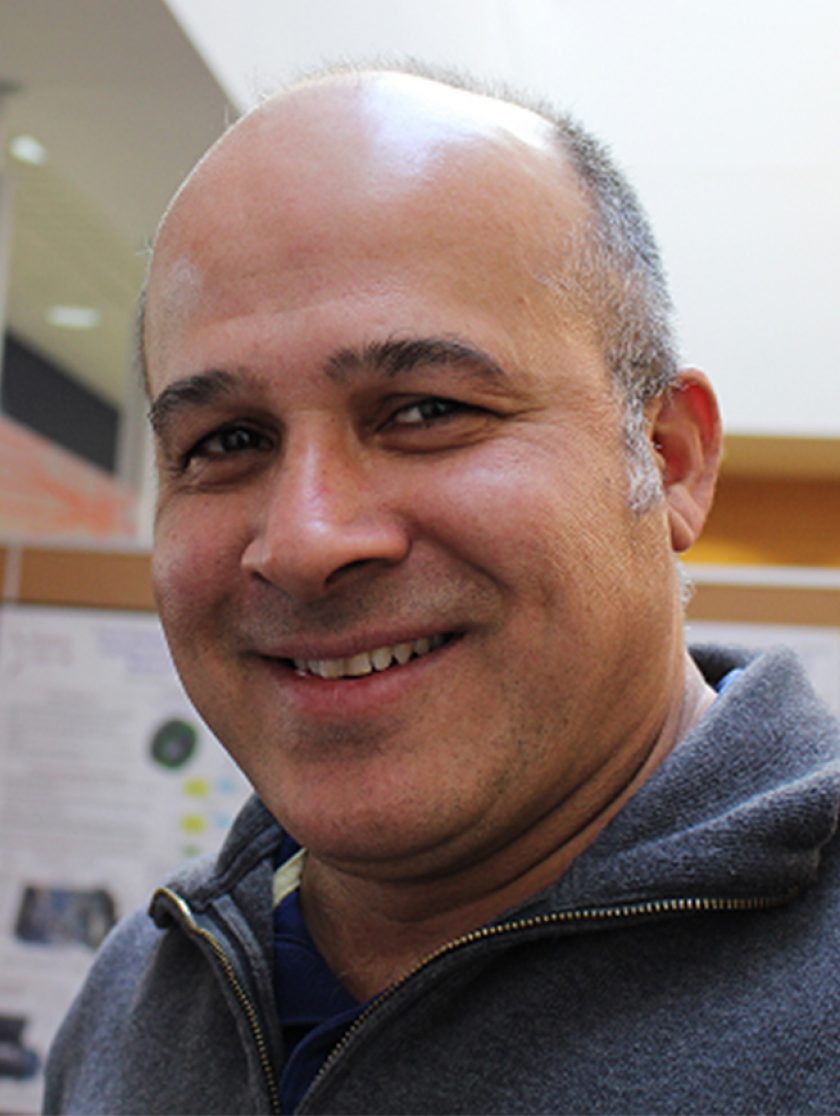Abstract
Millimeter-wave (mmW) wireless research and technology development is experiencing an explosive growth, fueled by several factors, including: Gigabit-rate and low-latency applications; advances in mmW hardware and antennas, and prototyping platforms; and new paradigms for exploiting the large number of spatio-temporal degrees of freedom. The challenges in harnessing the potential of mmW wireless are both physical and technological, and inherently cross-disciplinary. The tools available for mmW technology development span: signal processing, communication and networking techniques; antenna, RF hardware and data convertor design; prototype development and experimentation; and machine learning and data analytics. I will discuss the state-of-the-art and future implications with tradeoffs in hybrid analog-digital beamforming architectures, features of new networking protocols needed to exploit the advanced physical layer capabilities, the importance of accurate channel models in network performance assessment, and the need for radically new approaches to channel measurement and sensing. I will also highlight the critical role of mmW testbeds, given the gaps in our current knowledgebase, and challenges inherent to their development. These findings and insights are informed by my group’s involvement in mmW research and prototype testbed development, and the first three workshops of the NSF Research Coordination Network on mmW wireless.
Biography
Akbar M. Sayeed is currently serving as a Program Director at the National Science Foundation (NSF) in the Communications, Circuits, and Sensing Systems (CCSS) program of the Electrical, Communications and Cyber-Systems (ECCS) Division of the Engineering Directorate. He is also a Professor of Electrical and Computer Engineering at the University of Wisconsin-Madison and leads the Wireless Communications and Sensing Laboratory. He received the B.S. degree from the University of Wisconsin, the M.S. and Ph.D. degrees from the University of Illinois, and was a postdoctoral fellow at Rice University. He is a Fellow of the IEEE, and has served the IEEE in a number of capacities, including as a member of Technical Committees, Guest Editor for special issues, Associate Editor, and as Technical Program Co-chair for workshops and conferences. His research interests include wireless communications, channel modeling, statistical signal processing, communication and information theory, time-frequency analysis, machine learning, and applications. A current focus is the development of basic theory, system architectures, and testbeds for emerging 5G (5th Generation) wireless technologies, including millimeter-wave wireless and high-dimensional multi-antenna systems. He also led the creation of the NSF Research Coordination Network on Millimeter-Wave Wireless in October 2016.


